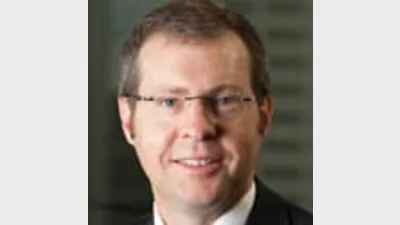Demand for bonds to rise



 |
| Stephen Halmarick
|
Government budget deficits and infrastructure funding requirements will see Commonwealth and state government bond issuance surge in coming years to overtake non-government bond issuance, according to research by Colonial First State's head of investment markets research, Stephen Halmarick.
The research shows that Commonwealth bonds will likely more than double from a current 20 per cent of the market to more than 40 per cent, while state government bonds are likely to remain around 30 per cent of the total.
At the same time, the pace of total net non-government bond issuance is expected to slow, falling from a current 50 per cent of the total Australian bond market to about 25 per cent.
"After being dominated for many years by rising non-government bond issuance in an environment of government debt reduction, the structure of Australia's bond market is set to change dramatically," Halmarick said.
However, the coming surge in the supply of Commonwealth and state government debt is unlikely to dampen potential demand for these bonds, he said.
"We would be surprised if investors, especially those offshore, including central banks, do not find Australian government bonds, in both Commonwealth and state form, an attractive addition to their Australian dollar portfolios."
He added that the dramatic change in the structure of Australia's bond market would nevertheless be an "important factor for both investors and borrowers in the Australian economy".
"It could bring with it implications for potential funding costs and returns in this sector of the market, as well as overall asset allocation."
Recommended for you
Australia’s largest super funds have deepened private markets exposure, scaled internal investment capability, and balanced liquidity as competition and consolidation intensify.
The ATO has revealed nearly $19 billion in lost and unclaimed super, urging over 7 million Australians to reclaim their savings.
The industry super fund has launched a new digital experience designed to make retirement preparation simpler and more personalised for its members.
A hold in the cash rate during the upcoming November monetary policy meeting appears to now be a certainty off the back of skyrocketing inflation during the September quarter.









